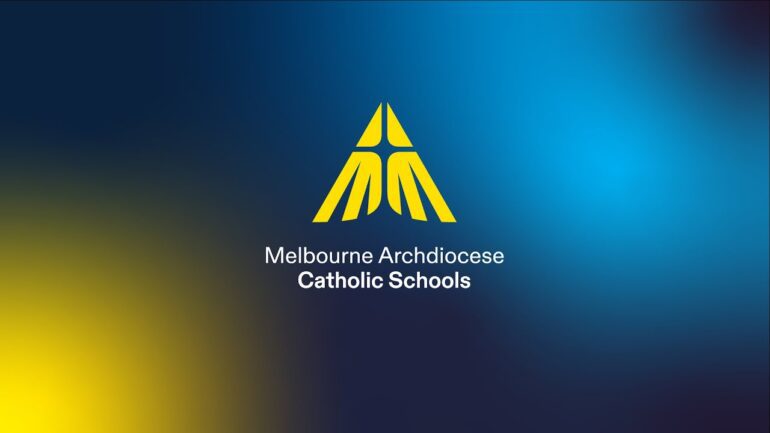TL;DR:
- MACS is actively integrating artificial intelligence (AI) into education across its 296 schools.
- The approach emphasizes responsible and effective use of AI to enhance learning and relationships.
- MACS refrain from outright banning AI tools like ChatGPT.
- The focus is on ensuring teachers’ digital confidence before further AI adoption.
- MACS collaborates with educators to explore AI’s role in content creation and assessment.
- Ethical considerations, including academic integrity and privacy, are integral to the initiative.
Main AI News:
In a bold move toward enhancing education practices, Melbourne Archdiocese Catholic Schools (MACS) is steadfast in its commitment to integrating artificial intelligence (AI) into the learning experience across its network of 296 schools. This initiative, spearheaded by the Director of Learning and Regional Services, Mary Oski, underscores the organization’s dedication to harnessing AI responsibly and effectively for the benefit of students.
From the outset, MACS opted for a “safety first, learning always” approach to new technologies, which included not imposing an outright ban or obstruction on ChatGPT, one of the pioneering large-language models available for user interaction. Dr. Oski emphasizes that this approach aligns with MACS’s holistic educational philosophy, where technology is judiciously incorporated to enrich both relationships and learning.
One year on from this pivotal decision, MACS remains resolute in ensuring that its educators are well-versed in digital tools before delving further into the potential applications of AI in education. Dr. Oski highlights the critical role of the MACS student and learning technologies team in collaborating with educators to explore AI’s role in content creation and assessment design.
While the technical aspects of AI can be addressed within the mathematics and technology curriculum, MACS recognizes the paramount importance of fostering digitally confident teachers who can effectively guide students across the curriculum. This endeavor forms a substantial part of MACS’s ongoing commitment to education enhancement.
Dr. Oski acknowledges the valid concerns surrounding AI, particularly in areas like academic integrity, plagiarism detection, and the ethical use of others’ work without consent, notably in creative fields. To address these concerns, MACS is actively investing in training its teachers on ethical responsibilities, standards, copyright compliance, and privacy legislation.
Conclusion:
Melbourne Archdiocese Catholic Schools’ commitment to integrating AI in education while prioritizing ethical considerations underscores the evolving landscape of educational technology. This approach aligns with the market’s growing demand for responsible AI integration in the education sector, fostering a balance between innovation and ethics.

